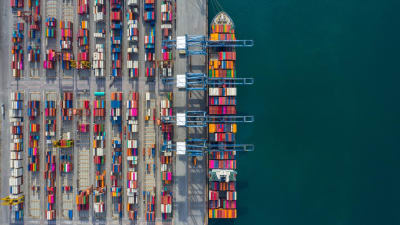Optimoi salkkusi
Pörssilistatut sijoitustuotteet tarjoavat sijoitusmahdollisuuksia kaikille markkinaodotuksille ja pääsyn uusille markkinoille.
Oletko kiinnostunut oppimaan lisää pörssilistatuista tuotteista?
Pörssilistatut tuotteet ovat laaja luokka, joka mahdollistaa vipuvaikutteiset sijoitukset omaisuuseriin, jotka saattaisivat muuten olla yksityissijoittajien ulottumattomissa.
Katso kaikki koulutsartikkelitMiksi Vontobel Markets?
Kaikki olennaiset tuotetiedot yhdellä silmäyksellä!
Etsi tuotteita suodattamalla tuotesivun yleiskatsausta tuotetyyppikohtaisilla suodattimilla.
Löydä tuotteet nopeasti ja helposti!
Tehokas haku kaikkiin tuotteisiin, artikkeleihin, koulutustietoihin ja usein kysyttyihin kysymyksiin.
Inspiraatiota ja osaamista
Jännittäviä sijoitusideoita, näkemyksiä ja faktoja strukturoiduista tuotteista.



Asiantuntemus. Kokemus. Työkalut. Markkinamahdollisuudet.
Tarjoajana yksi Euroopan johtavista strukturoitujen tuotteiden liikkeeseenlaskijoista.400k+
Tuotetta Euroopassa
100+ vuotta
Sijoitusasiantuntemusta
25+ vuotta
Experience in ETPs
A3 luottoluokitus
Vontobel Holding AG
Oppimateriaalia älykkäämpään sijoittamiseen
Ota tietoisen päätöksenteon voima käyttöön kattavien koulutusresurssiemme avulla.Lue lisää

Onko teillä kysyttävää?
Olemme valmiita auttamaan sinuamarkets.finland@vontobel.com
Voit ottaa meihin yhteyttä puhelimitse maanantaista perjantaihin klo 9.00-19.00 (CET). Klo 19.00-23.00 kiintiöongelmiin liittyviä kiireellisiä kysymyksiä varten löydät uuden ”Ilmoita ongelmasta” -painikkeen suoraan tuotesivulta.
0800917791
0800917791


